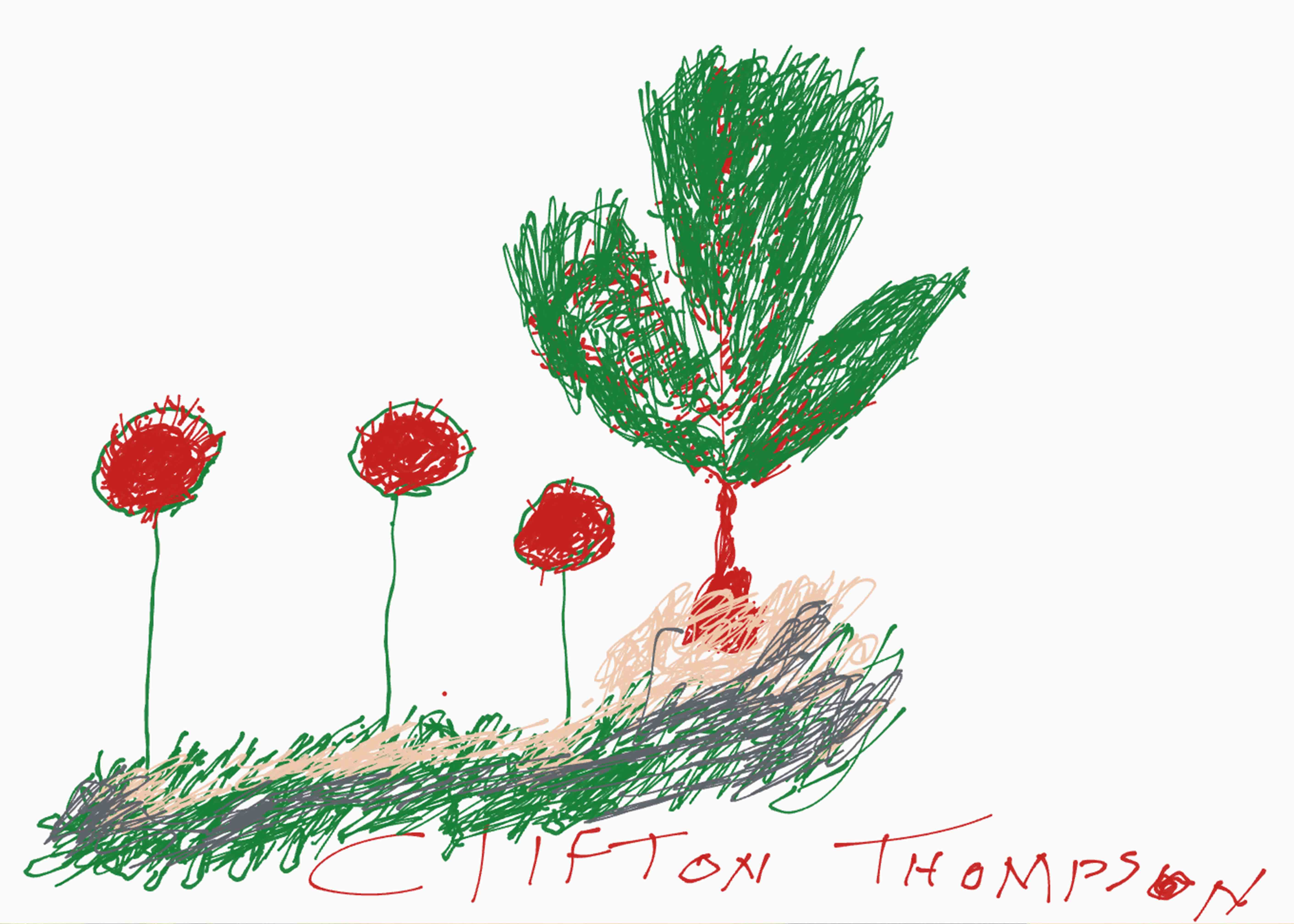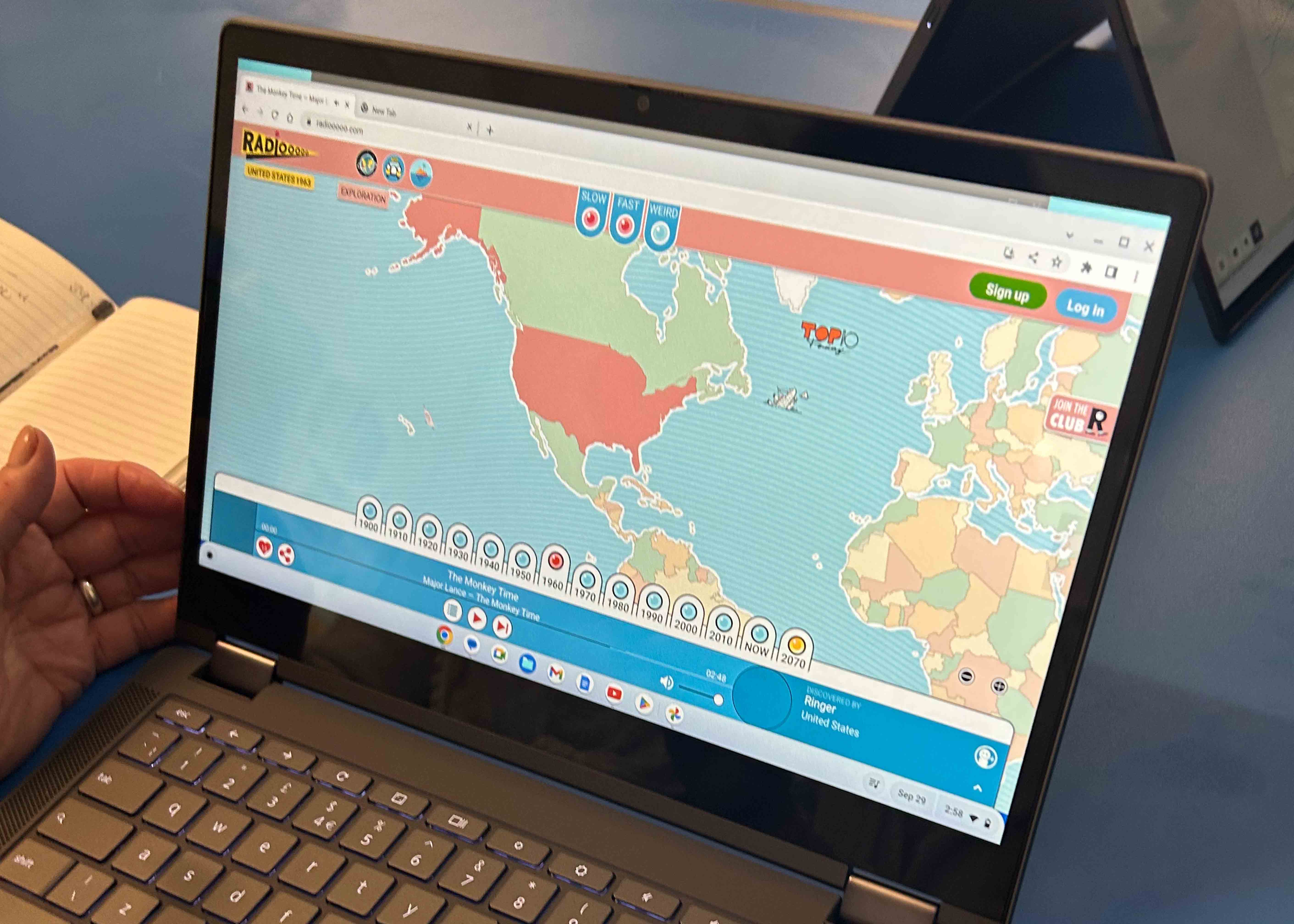Public Engagement
Tea & Tech

Engage Here, with funding from the East End Community Foundation, conducted 12 digital skills workshops at various community centers including Sundial Centre, Caxton Hall, Russia Lane Day Centre and Plaistow Library. Each session offered a blend of creative activities, practical skill-building, and introductions to relevant online services, addressing individual questions about navigating the digital world.

Creative exploration involved free online tools like Google Canvas for drawing, Google Experiments for interactive art experiences, Radioooo for global music discovery, and Canva for design and social media sharing. We even explored creative writing with Chat GPT!
Practical activities demonstrated how the internet can enhance daily life. Participants learned about email, journey planning with Google Maps, social media engagement, online shopping comparisons, and recipe searches.

This project has introduced over 70 individuals, who typically wouldn't engage with technology, to the possibilities of laptops and the internet. By fostering enjoyment and confidence through creative exploration, we encouraged participants to embrace practical online tasks. Thanks to the East End Community Foundation's support, we now have dedicated devices to continue these workshops and develop digital skills further.

Beyond digital literacy, the workshops aimed to improve wellbeing and combat isolation. Creative tasks generated shareable content, facilitating connection with loved ones. We also empowered participants to explore their community by using online resources to discover local activities and navigate their surroundings.

“
Our guests are truly be getting so much from the laptops, we have even managed to create a whole set of pictures that we could print out and display on the wall.” Joycelyn
Carer of Sundial Centre

While our initial focus was on assisting with tasks like booking medical appointments, we ultimately equipped participants with broader skills to enhance their independence. We observed a strong desire among older people to engage with technology and witnessed how basic introductions fostered a willingness to explore further. Addressing the physical challenges posed by dexterity and visual impairments remains crucial. We sought to mitigate these difficulties by providing devices with both touch screens and keypads, and we plan to integrate larger screens in future workshops to enhance accessibility.

This project has been made possible by the East End Community Fund.
